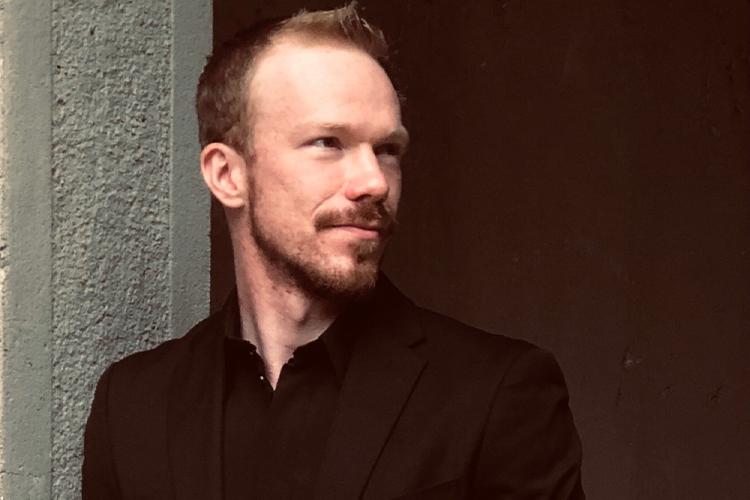
(1920–1981)
Hazel Scott was a jazz pianist, an actress, and a television pioneer who used her influence to resist the status quo. Scott was born on June 11, 1920, in Port of Spain, Trinidad. She moved to New York City with her mother, pianist Alma Young Scott, in 1924 and almost immediately began her music career. After learning from her mother, Scott started informal study at Juilliard when she was only 8 years old. She toured with her mother’s band, connected with the jazz legends, including Fats Waller and Billie Holiday, who gathered in their apartment, and seized every performance opportunity.
Scott became proficient in a variety of piano styles from classical to boogie-woogie and she utilized these skills to distinguish herself as a performer. She became known for a technique called “swinging the classics,” through which she infused jazz elements into classical pieces. In 1938, she began a professional partnership with Barney Johnson, the owner of the Café Society clubs. She not only gained further recognition through this arrangement, but she also promoted racial justice with an anti-segregation clause in her contracts. Throughout her career, Scott refused to perform in any location that allowed segregation in its performance venue or accommodations.
She continued to combine art and social justice in her theater and television work. In 1943, Scott halted production of Columbia Picture’s film The Heart’s On for three days because of a degrading costume choice for Black women in the ensemble. She also married politician and reverend Adam Powell, Jr. in 1945, and together the couple challenged multiple instances of injustice. Scott further transcended barriers with The Hazel Scott Show in 1950, which made her the first Black woman to host a television show. Even after her divorce and multiple relocations to Paris, she continued her activism by walking to the US Embassy in 1963 to amplify Martin Luther King’s March on Washington. Eventually, Scott moved back to the US and strived to use her influence to support social justice until her death in New York City on October 2, 1981.

by Elizabeth Durrant
Elizabeth Durrant recently received an M.A. in Musicology from the University of North Texas. She also earned a B.A. in English Literature (St. Mary’s College of Maryland) and a B.S. in Voice (Towson University)—as a result she is dedicated to exploring intersections between these disciplines. Her master’s thesis is titled “Chicago Renaissance Women: Black Feminism in the Careers and Songs of Florence Price and Margaret Bonds.” Elizabeth plans to pursue her PhD in musicology and continue exploring her interests in Black and female composers, twentieth-century neoromantic music, and American art song.
Sources
Chilton, Karen. Hazel Scott: The Pioneering Journey of a Jazz Pianist from Café Society to
Hollywood to HUAC. Ann Arbor, Michigan: University of Michigan Press, 2011.
Reed, Bill. “The Movies: Hazel Scott.” In Twelve African American Entertainers, 1890–1960,
97-114. Jefferson, North Carolina, McFarland & Company, Inc., Publishers, 2010.
Southern, Eileen. Biographical Dictionary of Afro-American and African Musicians. Westport,
Connecticut: Greenwood Press, 1982.




